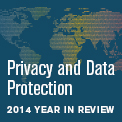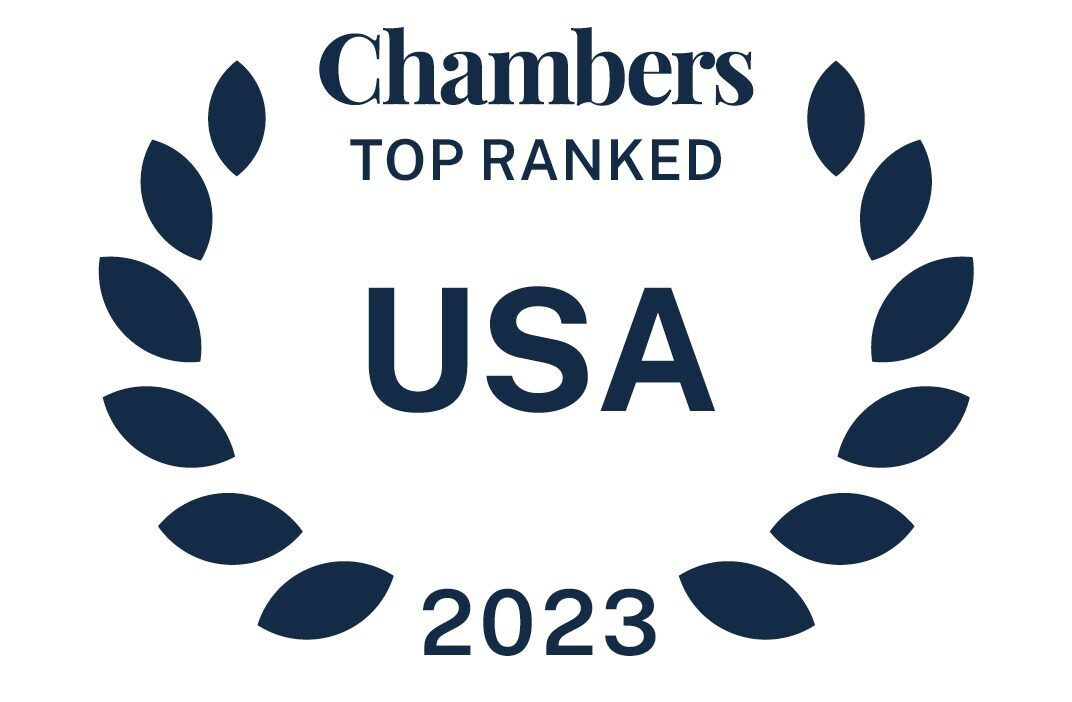Last Friday, July 10, 2015, the Federal Communications Commission (FCC) released Declaratory Ruling and Order 15-72 (“Order 15-72”) to address more than 20 requests for clarity on FCC interpretations of the Telephone Consumer Protection Act (TCPA). The release of Order 15-72 follows a June 18th open meeting at which the FCC adopted the rulings now reflected in Order 15-72 that are intended to “close loopholes and strengthen consumer protections already on the books.”
Keys rulings in Order 15-72 include:
- Confirming that text messages are “calls” subject to the TCPA;
- Clarifying that consumers may revoke their consent to receive robocalls (i.e., telemarketing calls or text messages from an automated system or with a prerecorded or artificial voice) “at any time and through any reasonable means”;
- Making telemarketers liable for robocalls made to reassigned wireless telephone numbers without consent from the current account holder, subject to “a limited,one-call exception for cases in which the caller does not have actual or constructive knowledge of the reassignment”;
- Requiring consent for internet-to-phone text messages;
- Clarifying that “nothing … prohibits” implementation of technology that helps consumers block unwanted robocalls;
- Allowing certain parties an 89-day (after July 10, 2015) window to update consumer consent to “prior express written consent” as the result of an ambiguous provision in the 2012 FCC Order that established the “prior express written consent” requirement; and
- Exempting from the consent requirement certain free “pro-consumer financial- and healthcare-related messages”.
We are reviewing the more than 135 pages of Order 15-72, as well as the separate statements of FCC Commissioners Wheeler, Clyburn, Rosenworcel (dissenting in part), Pai (dissenting) and O’Rielly (dissenting in part). Please check back soon for more information and analysis.
read more


 Subscribe
Subscribe


